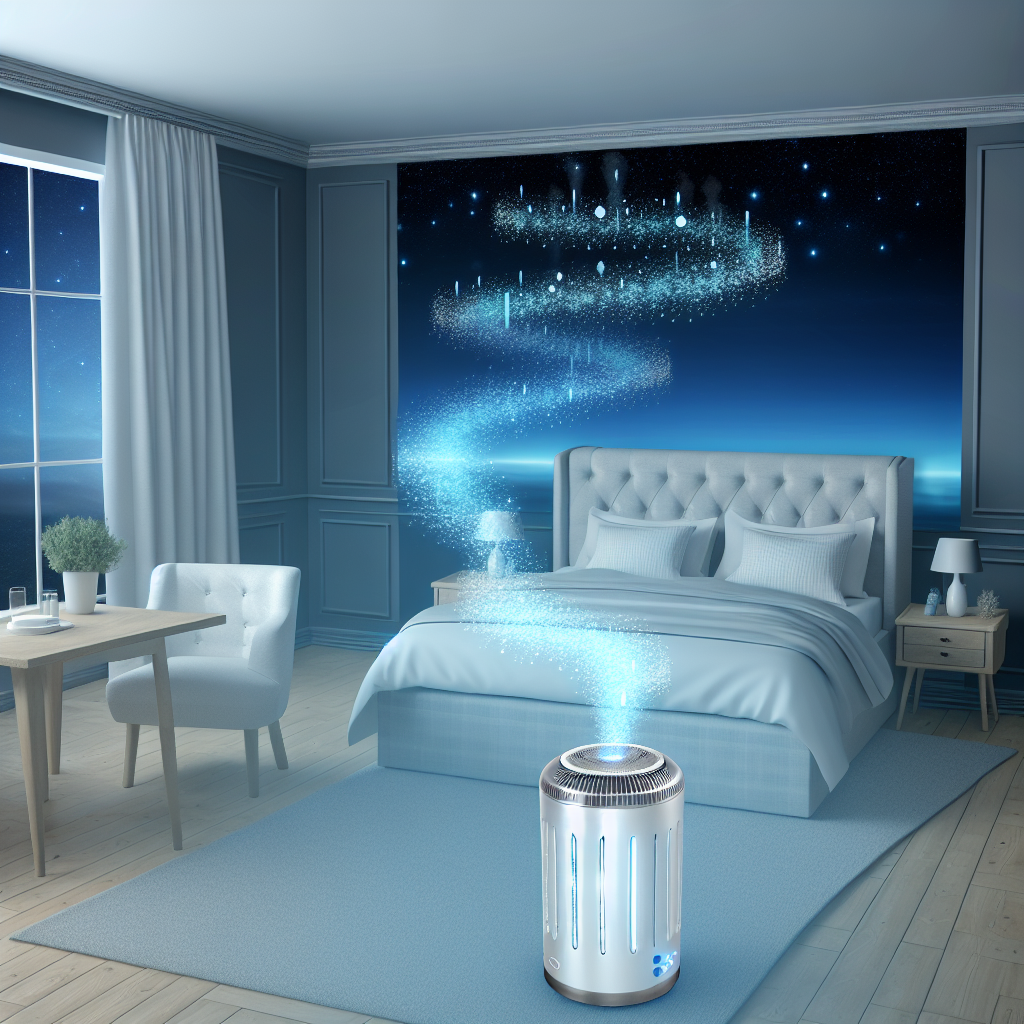Snoring Solution – Advanced Mandibular Device vs OTC Options
Introduction:
Snoring affects millions of people worldwide and, while it might be dismissed as a minor inconvenience, it can have major repercussions on sleep quality, relationships, and overall health. Defined as the hoarse or harsh sound occurring during sleep due to obstructed airflow through the mouth or nose, snoring commonly originates from poor airway muscle tone, nasal obstructions, or the repositioning of soft tissues during sleep.
While occasional snoring might not signal a serious problem, chronic or loud snoring can be a symptom of sleep disorders like obstructive sleep apnea (OSA), which carries significant health risks such as high blood pressure, cardiovascular issues, and excessive daytime fatigue.
With increasing public awareness about the importance of restful sleep, more individuals and healthcare providers are seeking effective snoring treatments that are backed by science. One of the most prominent solutions is the use of a mandibular advancement device (MAD). These devices function by gently shifting the lower jaw forward during sleep, which helps prevent airway collapse that causes snoring. They are custom-designed by sleep-trained dentists or medical professionals, offering a personalized, comfortable fit that enhances effectiveness and long-term wearability.
In comparison, many over-the-counter (OTC) snoring aids are widely available and affordable, including nasal strips, chin straps, and basic mouthguards. However, their outcomes are often inconsistent due to their one-size-fits-all approach, lack of medical oversight, and minimal long-term support.
This article explores the differences in effectiveness, comfort, and durability between advanced mandibular devices and commonly used OTC snoring remedies. By understanding these key distinctions, users can make informed choices that positively impact their sleep, health, and quality of life.
Features – Clinical Studies & Insights:
Custom-fitted mandibular advancement devices (MADs) rank among the most effective nonsurgical treatments for chronic snoring and mild to moderate sleep apnea. Unlike many DIY snoring products, MADs have been extensively studied in clinical trials and are endorsed by medical associations for their positive impact on both symptoms and underlying causes.
A significant randomized controlled study published in the American Journal of Respiratory and Critical Care Medicine found that custom oral appliances substantially reduced the apnea-hypopnea index (AHI), improved oxygen levels during sleep, and enhanced patient-reported sleep satisfaction. Moreover, participants experienced better daytime focus and fewer sleep interruptions. The study also demonstrated that custom, adjustable MADs outperformed generic OTC options and non-customized oral appliances.
The Journal of Clinical Sleep Medicine classifies professionally monitored oral appliances as the primary recommendation for patients who cannot tolerate CPAP (Continuous Positive Airway Pressure) therapy. According to the American Academy of Sleep Medicine (AASM), such devices are medically appropriate and safe when prescribed and adjusted by qualified practitioners. They not only withstand long-term usage but can last for several years with proper care.
By contrast, OTC snoring solutions tend to address symptoms superficially rather than treating the core anatomical causes of airway obstruction. For instance, nasal strips may slightly reduce nasal resistance but are largely ineffective for throat-based snoring. Pre-fabricated mouthguards, despite their affordability, often lead to discomfort, jaw misalignment, or even oral sores due to improper sizing or rigid material.
A review in the European Respiratory Journal highlighted the inferior outcomes of OTC appliances in terms of both user satisfaction and health impact. Many individuals abandoned OTC products within several weeks, citing lack of noticeable improvement and discomfort as key barriers to continued use.
Further review by Ferguson et al., published in the journal Sleep, confirms that accurately fitted MADs provide not only effective snoring reduction but also secondary health benefits, including improved cardiovascular markers and better regulation of sleep cycles.
Conclusion:
When it comes to addressing chronic snoring and related sleep disorders, the decision between an advanced mandibular advancement device and an OTC snoring aid boils down to long-term results, comfort, and clinical validation. OTC solutions may be convenient and affordable for short-term use, particularly for occasional, mild snoring, but they are frequently limited in effectiveness and rarely deliver long-lasting benefits. Their one-size-fits-all nature often leads to poor fit, discomfort, and user frustration.
In contrast, professionally fitted MADs are backed by robust clinical research, supported by key sleep health organizations, and designed to combat the root cause of snoring—airway obstruction. These devices offer significant and sustained improvements in sleep quality, oxygen intake, and overall well-being.
For individuals experiencing habitual snoring or managing diagnosed sleep apnea, seeking guidance from a sleep specialist is a recommended starting point. A tailored mandibular advancement device may not only reduce snoring, but also protect long-term health, restore restful sleep, and enhance daily functioning.
Concise Summary:
Advanced mandibular advancement devices (MADs) provide a clinically backed, long-term solution for snoring and mild to moderate sleep apnea by repositioning the jaw to maintain an open airway during sleep. They outperform over-the-counter (OTC) snoring aids like nasal strips and mouthguards, which often deliver inconsistent results due to poor fit and lack of customization. MADs are endorsed by the American Academy of Sleep Medicine and shown to improve sleep quality, reduce symptoms, and promote better health. Consulting a sleep specialist for a personalized MAD can lead to lasting relief from snoring and its associated health risks.
References:
1. American Academy of Sleep Medicine. Oral Appliance Therapy for Obstructive Sleep Apnea and Snoring
2. Ferguson, K. A., Cartwright, R., Rogers, R., & Schmidt-Nowara, W. (2006). Oral appliances for snoring and obstructive sleep apnea: a review. Sleep, 29(2), 244–262.
3. Phillips, C. L., Grunstein, R. R., Darendeliler, M. A., et al. (2013). CPAP vs Oral Appliance for Obstructive Sleep Apnea
4. Marklund, M., Franklin, K. A., & Sahlin, C. (2015). Mandibular Advancement Device in Patients with Snoring and Mild Sleep Apnea. European Respiratory Journal
5. Journal of Clinical Sleep Medicine. Clinical Guidelines for Oral Appliance Therapy (2015)

Dominic E. is a passionate filmmaker navigating the exciting intersection of art and science. By day, he delves into the complexities of the human body as a full-time medical writer, meticulously translating intricate medical concepts into accessible and engaging narratives. By night, he explores the boundless realm of cinematic storytelling, crafting narratives that evoke emotion and challenge perspectives.
Film Student and Full-time Medical Writer for ContentVendor.com




